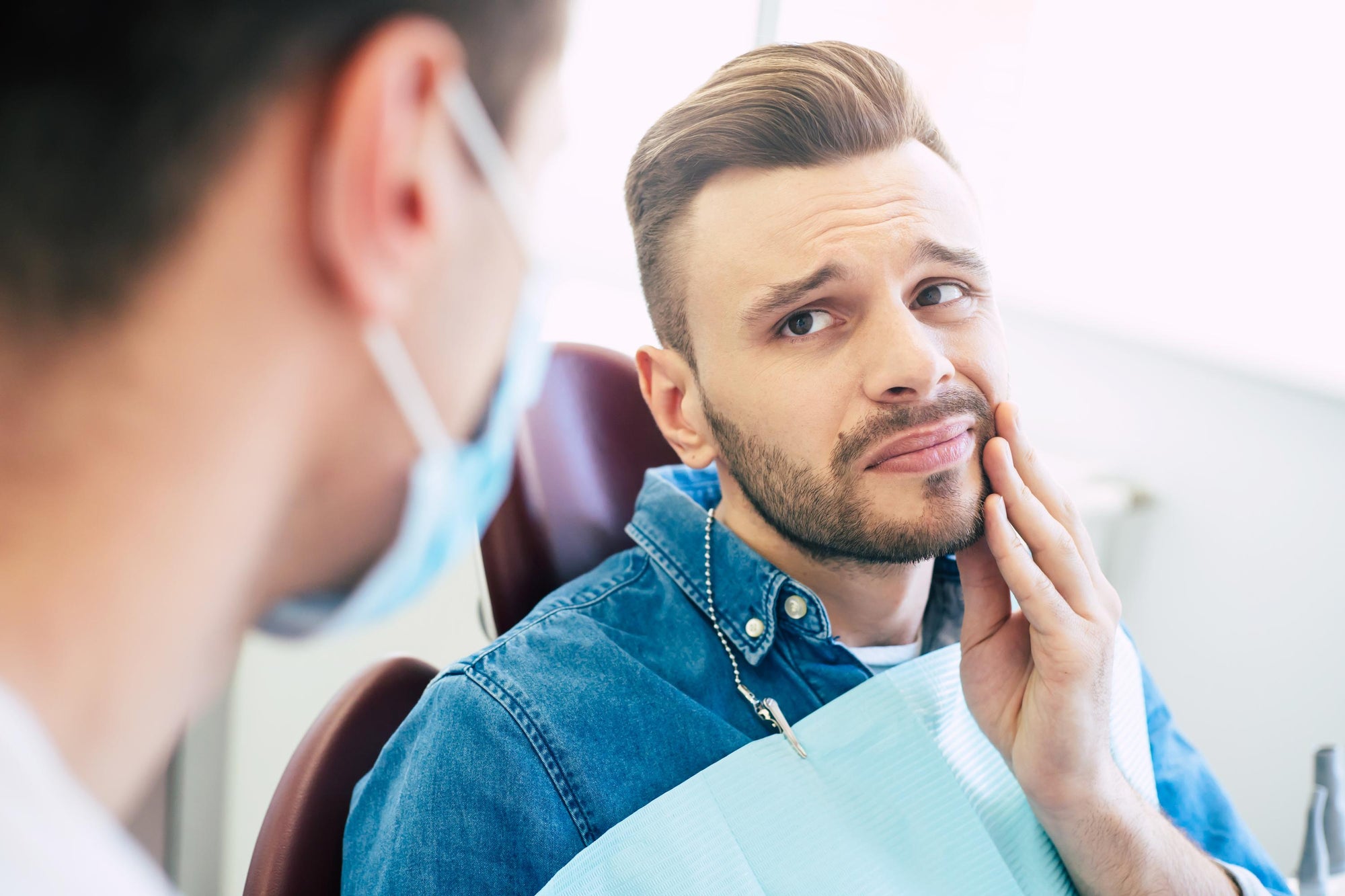

· By Trevor Horne
How To Manage Infection Risks In Your Dental Practice
Dental clinics require careful management to ensure that they do not pass on infections to patients. Without deliberate steps to prevent this, it is easy for patients and even staff to contract infections which may lead to further medical complications. The good news however is that it is not very difficult to manage infection risks at your dental clinic. Here are some steps that you can take to minimize such risks.
Hand Hygiene
One of the most common causes of infection is unclean hands. We do a lot of things with our hands, some consciously (like holding a dental instrument) or unconsciously (such as touching our face). All these actions mean that our hands are often full of pathogens that can be easily passed on to patients or other staff members. This is why it is important to constantly keep our hands clean and as sterile as possible. Needless to say that no procedure should ever be performed without sterile medical gloves. This however is not enough as dentists and their assistants will often touch everyday objects which may lead to cross-contamination. There should always be hand washing stations within easy access and these should have soap and water. Sanitizers should also be within easy access so that patients and staff can constantly sanitize their hands.
Personal Protective Equipment
Personal protective equipment or PPE refers to equipment that protects medical workers from infections arising from external contaminants. For example, when performing a procedure that is likely to involve fluid spray or splatter, the dentist should have adequate PPE to protect his or her face and other exposed parts of the body. The quality of the PPE matters as well and your clinic should only source such materials from an established medical resource provider.
Instrument Safety
Another common cause of infection in dental clinics is contaminated instruments. Managing this risk is straightforward and involves the correct sterilization of any dental equipment that is reusable. Any other resources that are not meant to be reused should never be used again. There must also be a proper disposal system for such non-reusable materials. This also includes the safe disposal of sharps such as needles as well as bio-materials such as blood, tissue, and extracted teeth.
Education
All the measures that we have written above are meaningless if the staff members do not adhere to the safety standards. One of the common reasons for this is that staff members are rarely trained on safety measures. To prevent this from happening, ensure that safety procedures are clearly taught and written down so all employees have constant access to the information. You should also set up an orientation system where new members of staff are taken through the specific measures that your practice takes to manage infection risks. Even if the new staff has worked in other dental facilities, you should keep in mind that safety standards and procedures differ from facility to facility. You should never assume that new staff understands your safety procedures.
- Choosing a selection results in a full page refresh.
- Press the space key then arrow keys to make a selection.
Your cart -
Your cart is currently empty.
